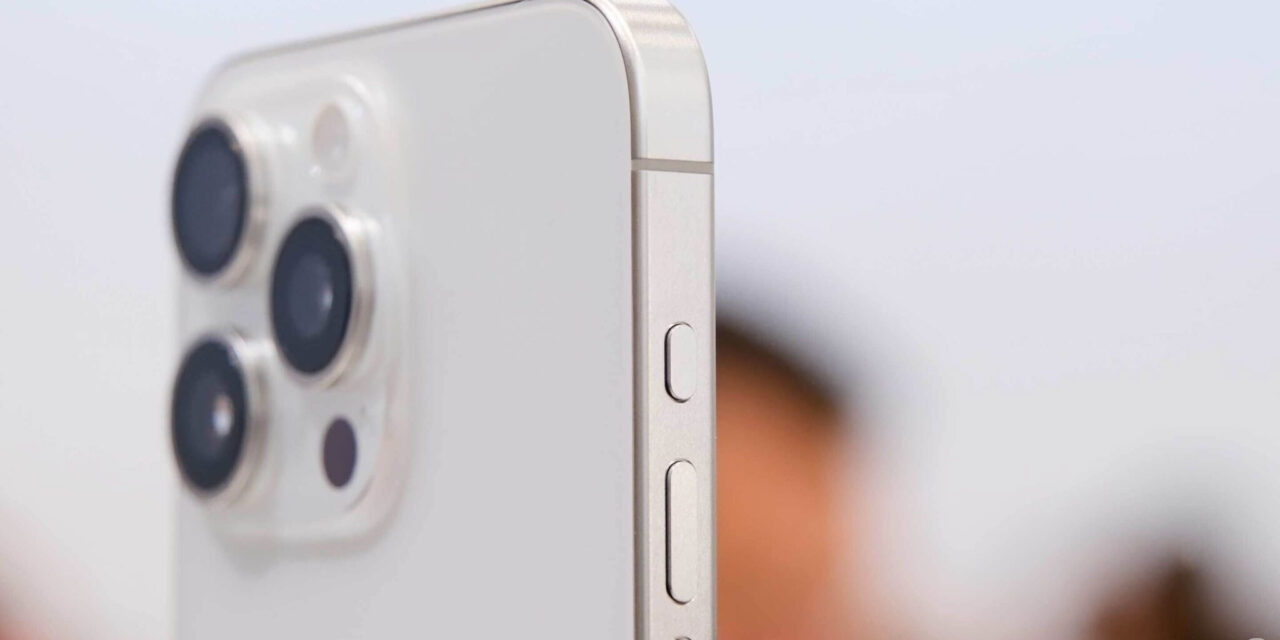Holiday shoppers buying an iPhone 14 Pro today should be prepared to wait, and wait some more, to get their hands on the premium device.
According to Counterpoint Research, wait times for the iPhone 14 Pro averaged 37 days in late November — the longest time since the new model was released. The research outfit said it was seeing wait times increase “significantly” across all markets it monitors.
That five-week wait means someone buying the new phone today likely won’t have it in their hands until mid-January. By comparison, the wait for an iPhone 13 Pro averages just 15 days, according to the tracker.
Apple has been struggling with delays as COVID-19 cases surge in China, along with the attendant lockdowns. Bloomberg this week reported that tumult at Zhengzhou, a key manufacturing hub for the company, would lead to a shortfall of 6 million iPhone Pros this season, confirming previous estimates from Morgan Stanley and Wedbush that the iPhone maker was falling short in its production.
“Production is cramped significantly—this could be 5%, potentially 10% of iPhone units in its most important period, in terms of Christmas,” Wedbush analyst Dan Ives told CBS News.
Ives noted that some Apple stores are seeing iPhone 14 Pro shortages of up to 40% of typical inventory.
Apple did not respond to a request for comment.
With COVID-19 on the rise in China, it’s slowing work at FoxConn, the electronics manufacturer that assembles iPhones for Apple. Meanwhile, residents are protesting the residential and business shutdowns under the nation’s “zero-COVID” policy, with protests spreading to major cities and even leading to calls for President Xi Jinping to step down.
“With the ‘head scratching’ zero-COVID policy in China now reaching a tipping point and protests across the country, Apple is essentially caught in the cross-fire heading into the all-important Christmas time period,” Wedbush analysts said.
The nationwide demonstrations come after weeks of worker unrest at FoxConn. Last week, a dispute over pay at the company’s factory in Zhengzou in central China sparked employee protests that led to a police showdown in which some demonstrators were beaten. Workers have also chafed against quarantine practices due to strict COVID policies, Bloomberg noted.
The Taiwanese company was forced to apologize on Thursday, blaming the pay dispute on a “technical error” in adding new employees after an October exodus of thousands of employees over what they said were unsafe working conditions.
Apple could still increase production in the coming weeks to try to make up some of the shortfall, Wedbush noted.
“Now it’s the painful waiting game to see what ramped production looks like over the next week for Apple to ease some iPhone shortages that are building globally,” Ives wrote.
This content was originally published here.






Recent Comments